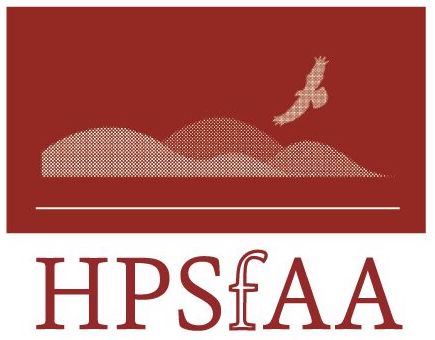  
 
The High Plains Society for Applied Anthropology |
|
SPECIAL SECTION: TOURISM, ANTHROPOLOGY, AND QUALITY OF LIFE
The Roles of Sustainable Tourism in Neoliberal Policies and Poverty Reduction Strategies: Do They Adequately Address Quality of Life?
Julie Reyes
In Central America, neoliberal policies and ideologies generally instituted a set of processes, under the aegis of market forces, which have led to a subjugation of political, social, and cultural rights which the global market has failed to amend. The continued burgeoning disparity between substantial foreign investment in the developing world, and the limited resources available for domestic development, are embedded within the strategies to reduce, if not ameliorate, poverty. Moreover, this approach is broadly ensconced in a similar discourse that suggests poverty reduction can be achieved through economic growth, by initiating strategies that encourage tourism development. Using both primary ethnographic data from Nicaragua and secondary data from international development documents, this article questions the extent to which tourism exacerbates inequalities by promoting greater accumulation of capital among already-wealthy Nicaraguans. Exploration of the structural violence embedded within the nexus of tourism, economic growth, and poverty provides a deeper understanding of how the growing numbers of foreign and ex-patriot investors are further impoverishing one of the most poverty-stricken countries in the hemisphere. This is linked to a failure to address the increased cost of living, land displacement, and legal marginalization of Nicaraguan citizens.
The Applied Anthropologist, No. 1, Vol. 31, 2011, pp 23 - 29